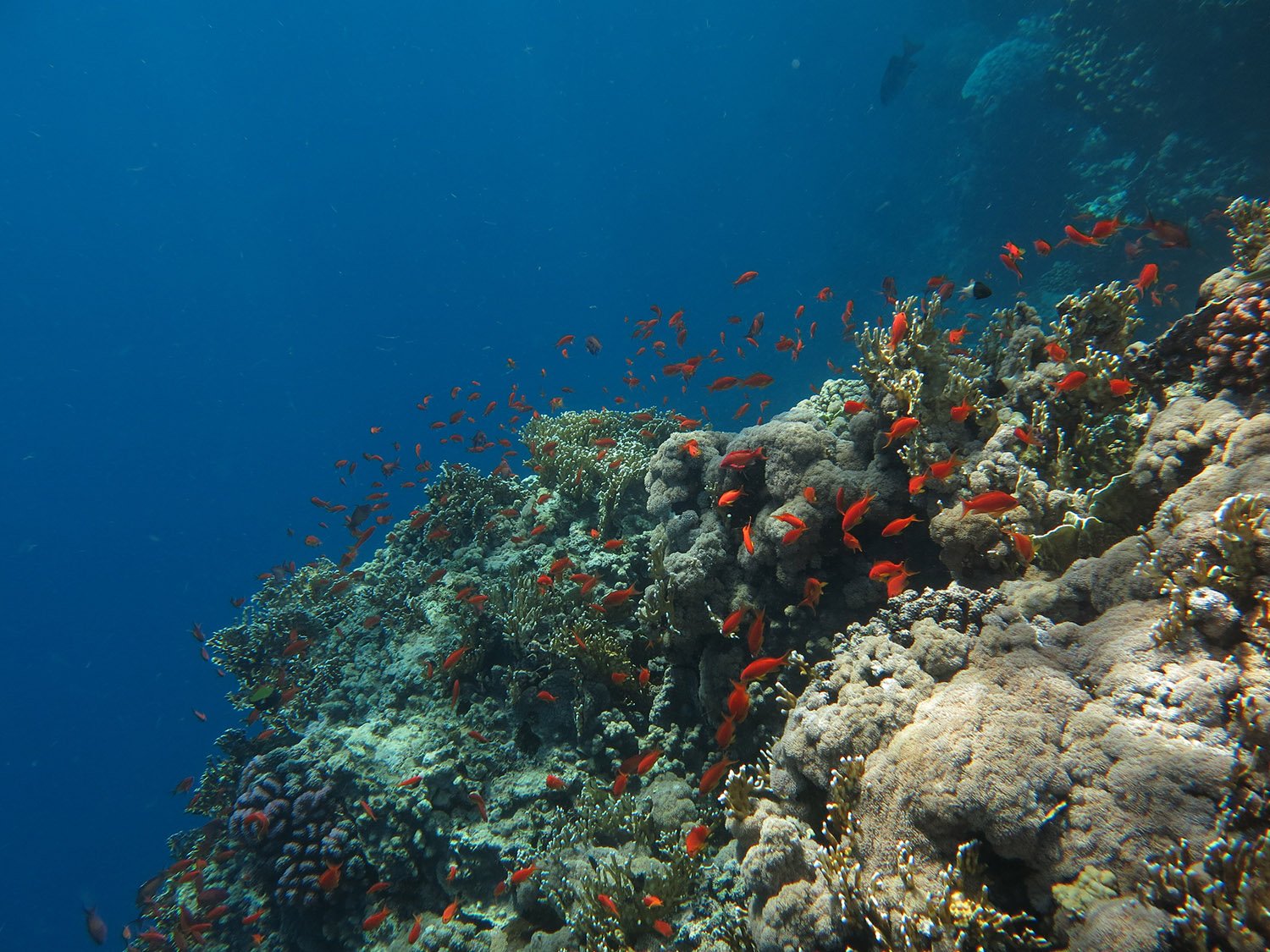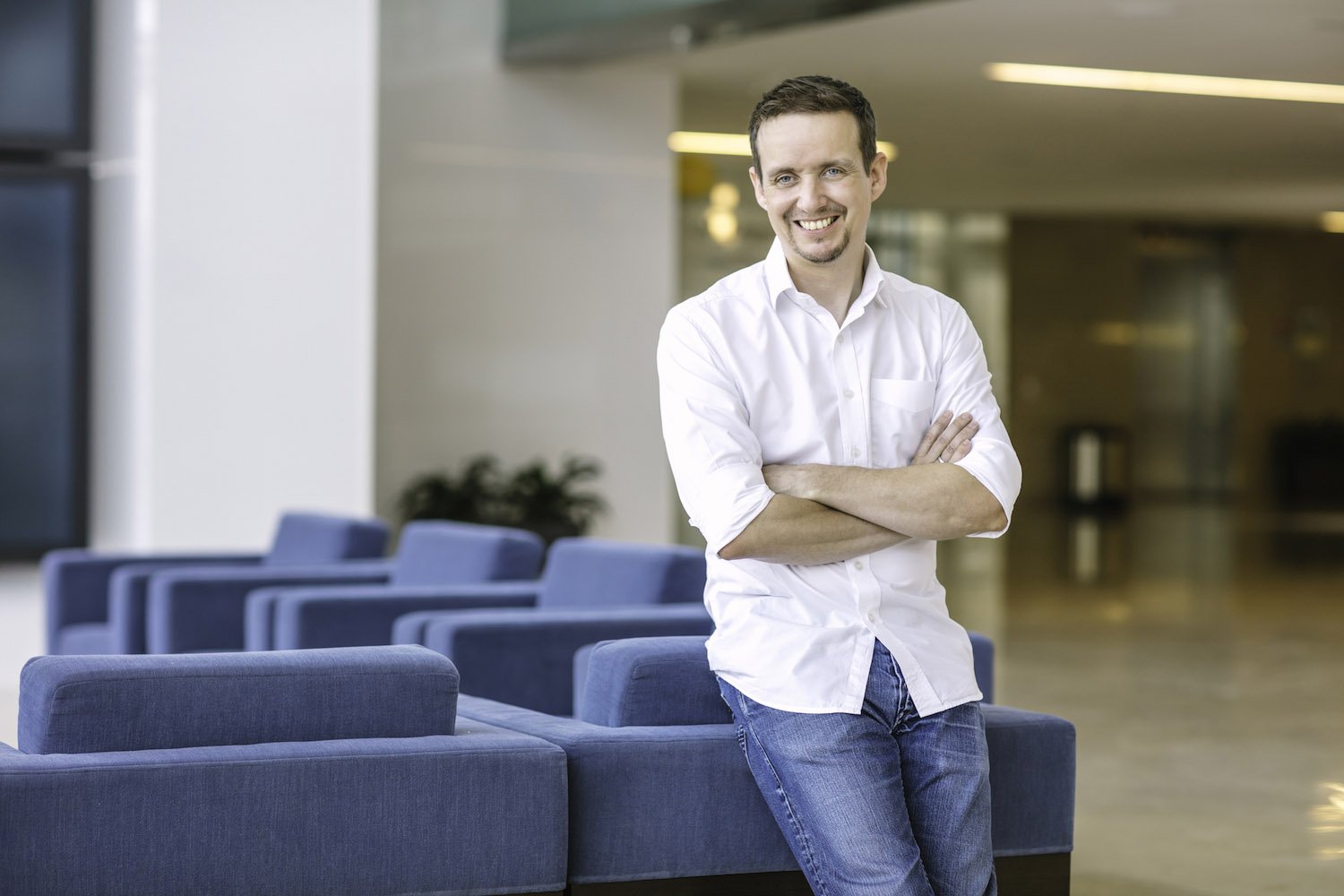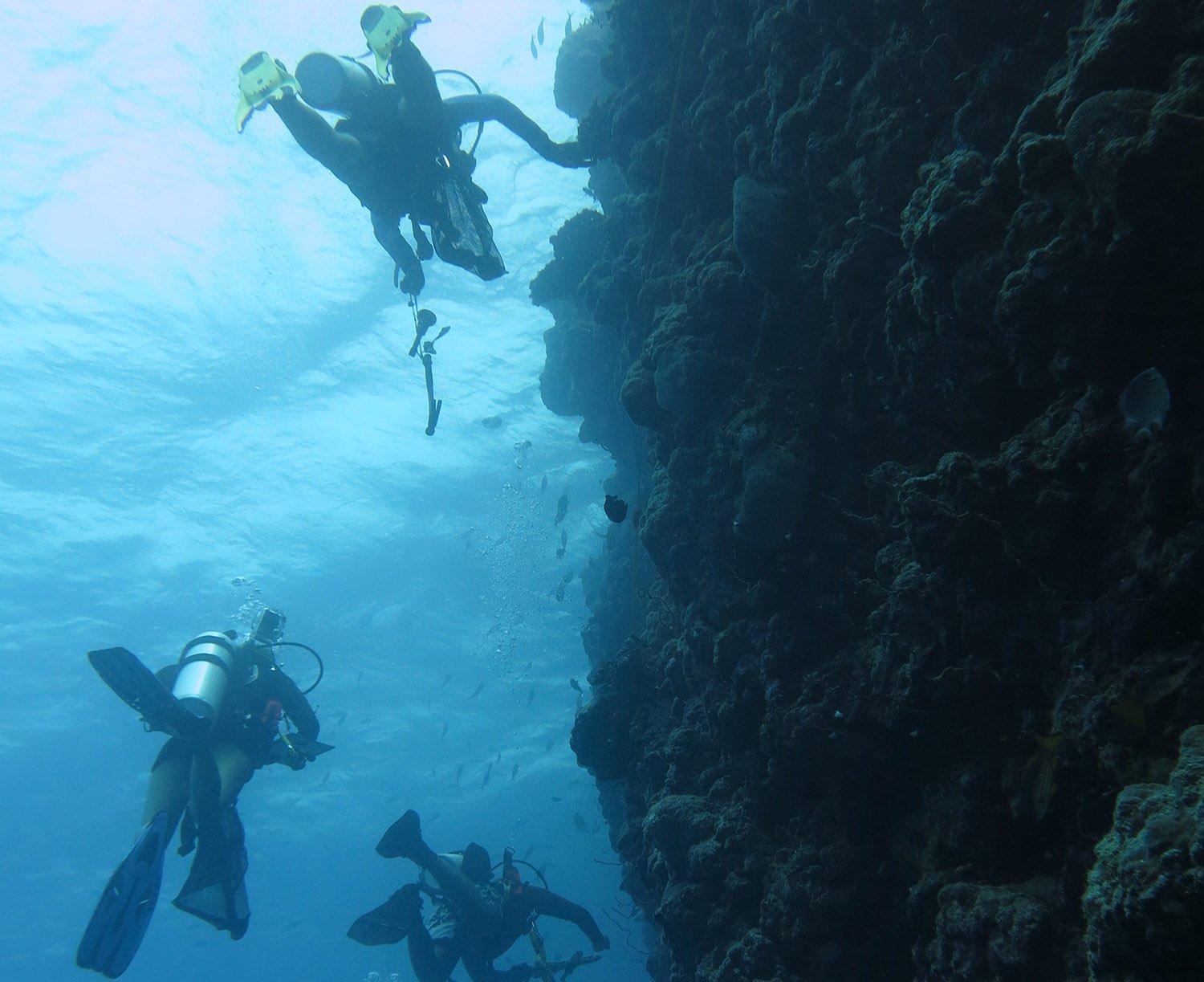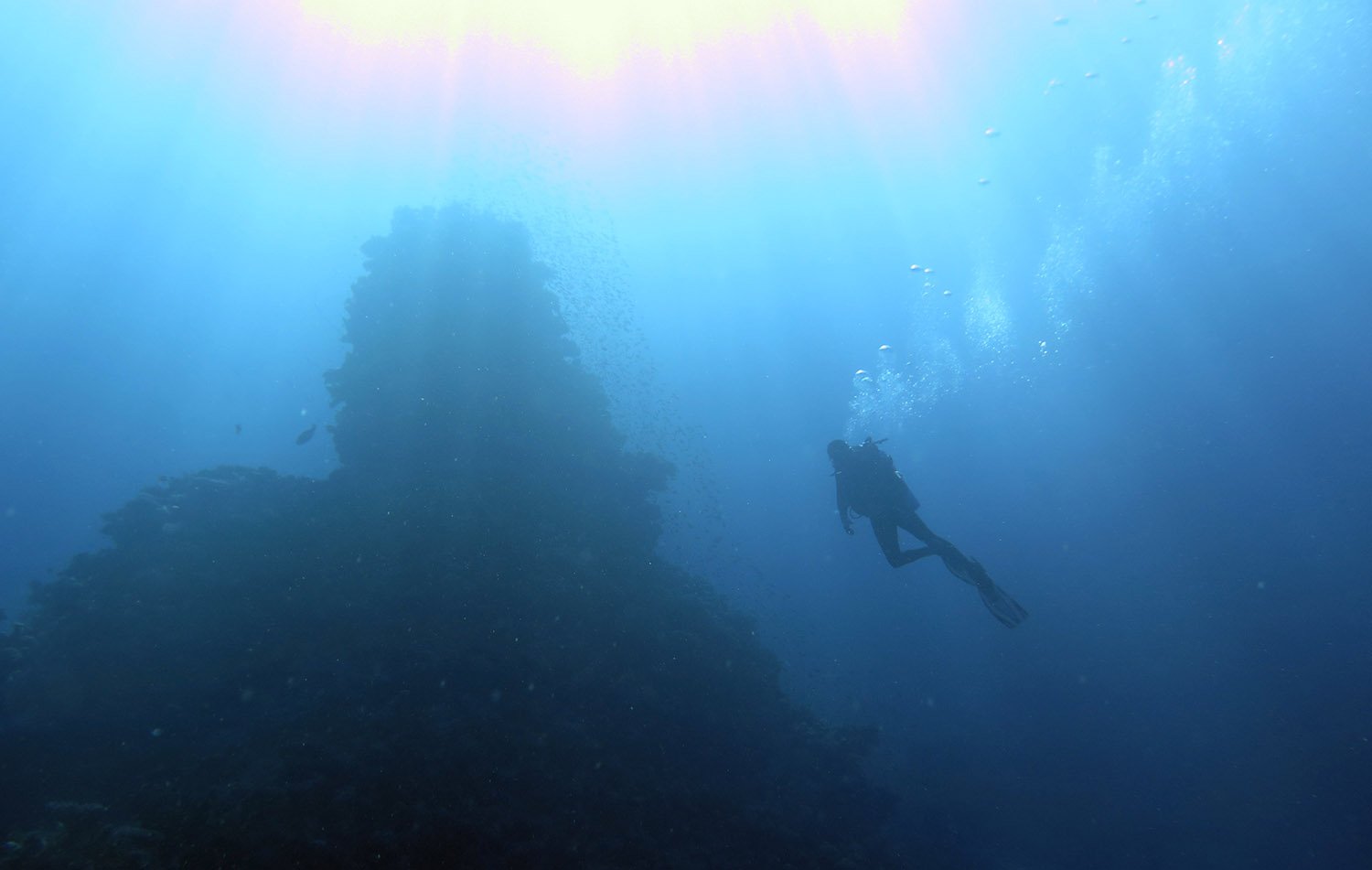King Abdullah University of Science and Technology, a graduate research university of science and technology in the Kingdom of Saudi Arabia, today announced new research demonstrating that corals pass patterns of DNA to their offspring. This ground-breaking research marks the first-time this process has been observed in animals within the field of biology. The research has been published by Nature Climate Change.
Through their research, KAUST faculty member Manuel Aranda, Associate professor of Marine Science, KAUST postdoctoral fellow Yi Jin Lew, and postdoctoral Fellow from University of Wollongong Emily Howells, show that corals cannot only adapt to changes in their environment, but also pass those learned traits on to their offspring through DNA methylation patterns. This process has previously only been observed in plants.

“Previous research has shown that the coral animal is highly plastic, meaning that it is adept at changing to suit the needs of an evolving habitat caused by rising ocean temperatures, changes in salinity, or fluctuations in sunlight,” said Aranda. “Those observed changes, however, merely demonstrated coral’s ability to flex muscle memory, always returning to their normal state once the introduced change passes. What we have been able to show is that as coral adapt, those alterations in DNA methylation are being passed to their offspring, allowing new coral to be pre-disposed to better manage – and survive – the changing environment in which coral lives.”
[ad_336]
While the implications are far reaching, this KAUST-led research team believes that in the near term they have discovered a way to help address the demise of coral reefs caused by climate change. Coral reefs are among the world’s most diverse ecosystems, providing refuge for marine species and enabling shoreline protections and fisheries for humans. Yet, coral reefs are highly sensitive to minor environmental changes, changes that are being exacerbated by human interference.

Biologists may now be able to train corals in nurseries in order to produce offspring imprinted with the traits needed to thrive in specific environments, such as the Great Barrier Reef in Australia and the many reef systems throughout the Caribbean. As a result of this research and through ongoing experiments, it is expected that scientists will be better able to understand the mechanisms of acclimation.

[rand_post]
Field experiments are being run in Australia by Howells, and the team is developing products to help drive coral restoration and protection. The team is hopeful that, in addition to coral restoration and protection, these practices will enable a growth in targeted tourism to highlight the importance of coral reef ecosystems.
